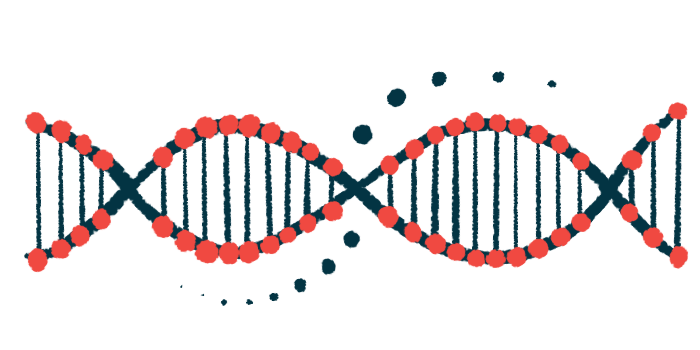GREGoR Consortium adds partners to find genetic causes of rare disease
The collaborative endeavor has added Ambry Genetics, PacBio to its lineup
Written by |

Genomics companies Ambry Genetics and PacBio are coming on board to help the GREGoR Consortium achieve its goal of identifying the specific genetic underpinnings of rare diseases.
The aim of the collaboration is to use advanced genetic sequencing techniques to screen the entire genome, the complete set of genes in a person’s body, of up to 7,000 people in the next three years. The effort could help families affected by rare conditions such as aromatic l-amino acid decarboxylase (AADC) deficiency find answers that previous genetic techniques couldn’t capture, shortening their diagnostic odyssey and improving care.
The companies were selected by the consortium and the University of California, Irvine (UCI) based on their expertise in genetic sequencing approaches. The project will support the Pediatric Mendelian Genomics Research Center program that’s part of the consortium.
“There remain a multitude of rare diseases that are difficult to diagnose and for which effective treatments remain elusive,” Eric Vilain MD, PhD, director of the Institute for Clinical and Translational Science and the associate vice chancellor for Clinical and Translational Science at UCI, said in a company press release. “Our research endeavors aim to shed light on these complexities, revealing insights that legacy technologies struggle to uncover … This collaborative effort is designed to offer hope not only to families in our study, but to all families looking to unlock answers for children facing rare diseases.”
AADC deficiency is a very rare disease caused by mutations in the DDC gene, leading to a lack of critical brain signaling chemicals. As with other genetic conditions, testing to look for the disease-causing mutation is a way to establish the diagnosis. For some conditions, genetic testing is the only way to do so.
A standard approach to genetic testing is whole exome sequencing (WES), which screens the protein-coding portions, called exons, of genes to look for mutations that might be causing disease. But that approach isn’t infallible. Exons make up only about 1-2% of the genetic material in a person’s entire genome. There are many parts of DNA that don’t directly encode a protein, but which play important regulatory roles and whose dysfunction may cause disease.
For this reason, the specific genetic abnormality cannot be identified for many who undergo WES, which leaves families affected by rare disease without definitive answers.
What is the aim of the GREGoR Consortium?
GREGoR is a collaborative effort involving research centers around the country and funded by the National Institutes of Health that seeks to increase the proportion of patients with genetic diseases for whom the exact disease-causing mutation has been identified. It focuses on “unsolved” cases where WES failed.
Ambry and PacBio will use a specialized technique called long-read sequencing to scan patients’ whole genomes. Unlike WES, whole genome sequencing reads not only areas of DNA that directly encode a protein, but the noncoding ones too. Long-read sequencing is also adept at reading tricky parts of the genome that are difficult to accurately sequence for various technological reasons.
Once the sequencing is complete, scientists must still comb through large amounts of data to identify possible disease-causing mutations and then try to understand how the mutations will affect the body, and if they are expected to drive disease. Not all mutations have detrimental effects.
The project will involve a large collaborative effort to develop a pipeline for those analyses. The consortium hopes to find and characterize new disease-causing mutations, and better understand the consequences of previously identified mutations whose significance couldn’t be established.
“We hope … we will not only be able to help families better understand the underlying causes of rare disease, but also to identify new analysis pipelines that can speed this process for other labs,” said Christian Henry, president and CEO of PacBio.





